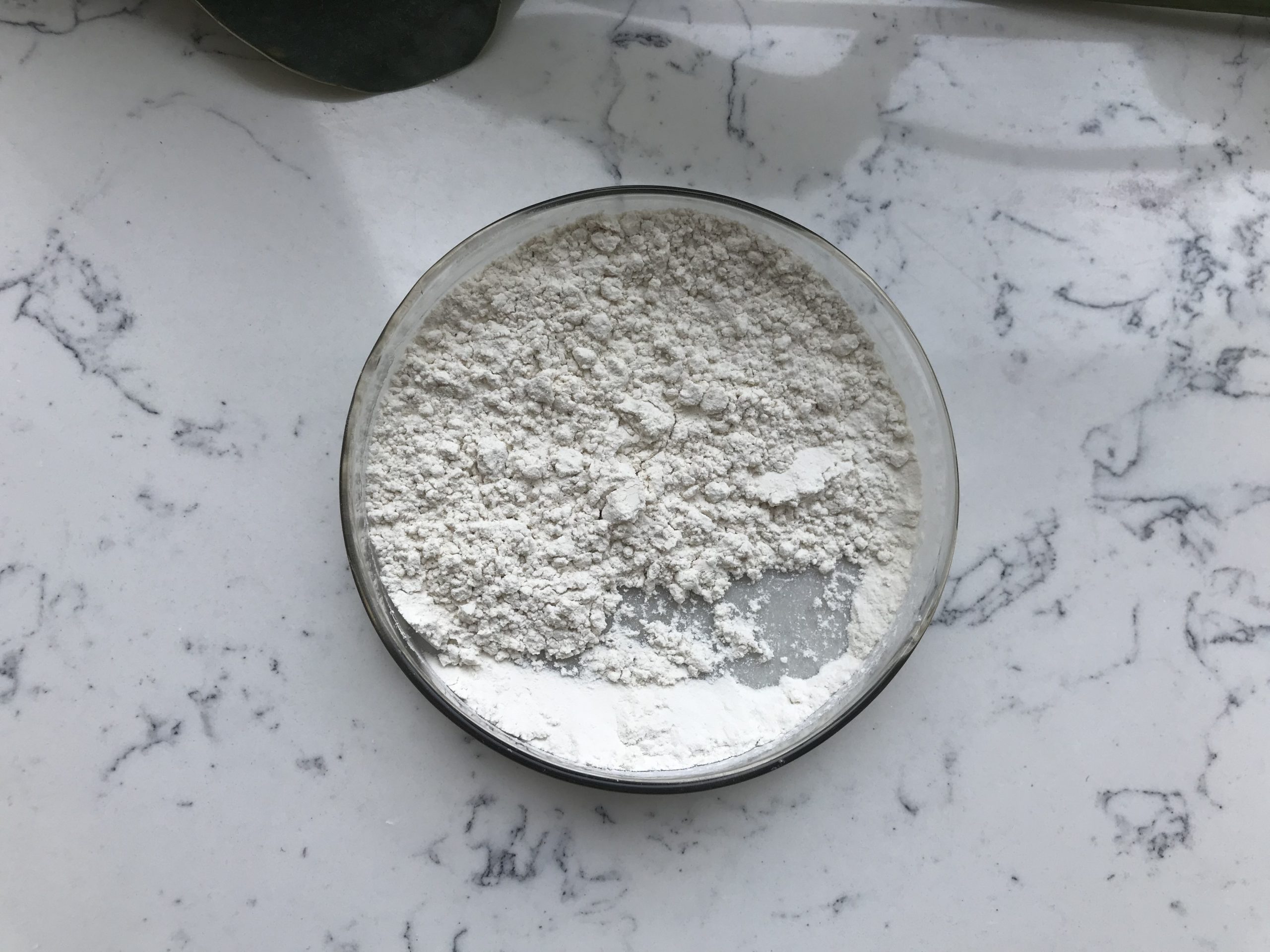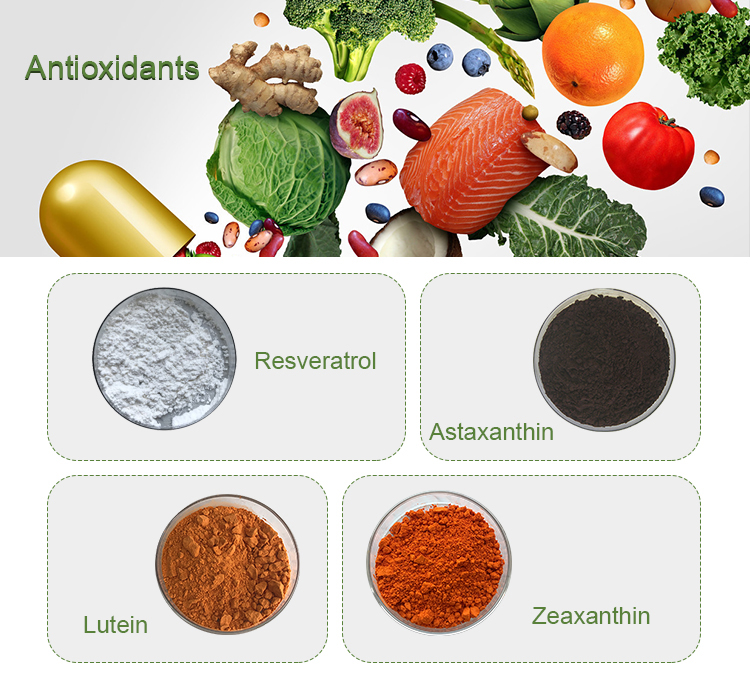Resveratrol is a natural compound found in various plant sources, such as grapes, red wine, and certain berries. It has gained attention for its potential health benefits, but it’s essential to consider both the pros and cons of resveratrol when evaluating its use.
Pros of Resveratrol:
Antioxidant Properties: Resveratrol is a potent antioxidant, which means it can help protect your cells from oxidative damage caused by free radicals. This may play a role in reducing the risk of chronic diseases.
Heart Health: Some studies suggest that resveratrol may have a positive impact on heart health. It may help reduce LDL (“bad”) cholesterol levels, lower blood pressure, and improve the function of blood vessels.

Anti-Inflammatory Effects: Resveratrol has been shown to have anti-inflammatory properties, which could be beneficial for conditions related to chronic inflammation, such as arthritis.
Cancer Prevention: There is some evidence that resveratrol might help prevent or slow the progression of certain types of cancer, although more research is needed in this area.
Potential Brain Benefits: Resveratrol may have neuroprotective effects and could help with conditions like Alzheimer’s disease. It may also improve cognitive function and memory.
Longevity: Some animal studies have suggested that resveratrol could extend lifespan. However, these findings are not yet confirmed in humans.
Cons of Resveratrol:
Limited Bioavailability: Resveratrol has low bioavailability, meaning that the body absorbs and utilizes only a small percentage of the ingested dose. This can limit its effectiveness.
Dosing Uncertainty: There is no consensus on the optimal dosage of resveratrol for specific health benefits. The right amount may vary from person to person.
Drug Interactions: Resveratrol may interact with various medications, particularly those processed by the liver, which could affect their efficacy or safety. If you’re taking prescription drugs, consult your healthcare provider before using resveratrol supplements.
Potential Side Effects: While generally considered safe, some people may experience side effects like digestive issues, headache, or allergic reactions when taking resveratrol supplements.
Uncertain Long-Term Effects: More research is needed to determine the long-term safety and effects of resveratrol supplementation, especially at higher doses.
Cost: High-quality resveratrol supplements can be expensive, and their benefits may not always justify the cost.

In summary, resveratrol offers potential health benefits, particularly in terms of its antioxidant properties, heart health, and anti-inflammatory effects. However, it’s essential to use it with caution, considering the limitations in bioavailability, potential interactions with medications, and the need for more research to establish its long-term safety and effectiveness. If you’re interested in using resveratrol for specific health concerns, it’s advisable to consult with a healthcare professional to discuss potential risks and benefits based on your individual circumstances.
